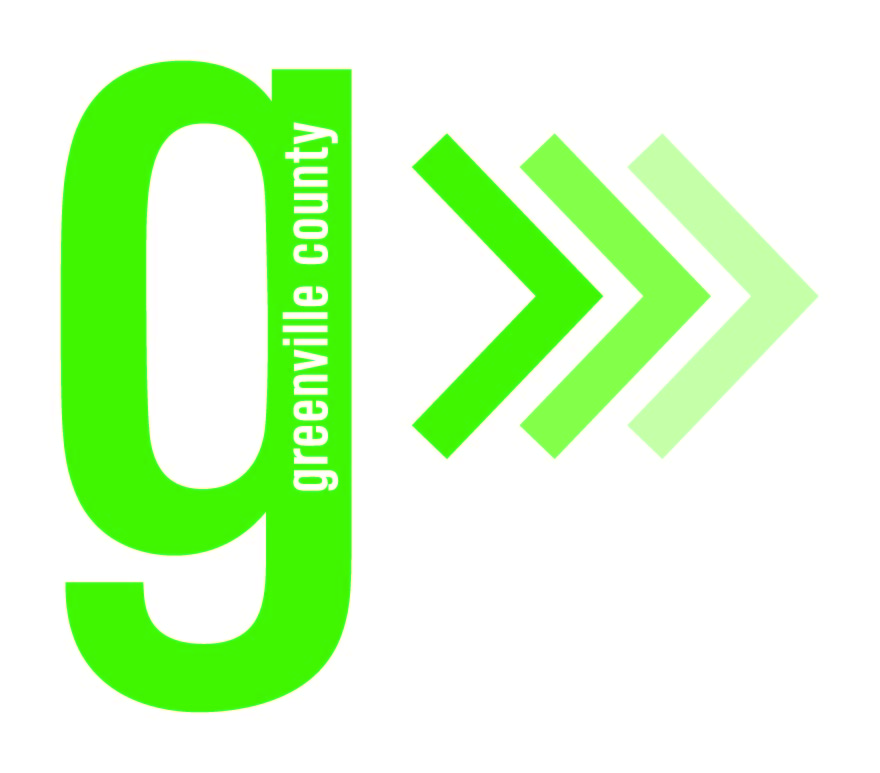Comprehensive Guide To Greenville County Property Taxes: Everything You Need To Know
Property taxes in Greenville County are a crucial aspect of homeownership that every resident should understand thoroughly. Whether you're a first-time homeowner or a seasoned property owner, grasping the nuances of property tax assessments, rates, and payment schedules is essential for financial planning. This guide aims to demystify Greenville County property taxes, ensuring you're well-informed and prepared.
Property taxes represent a significant portion of local government revenue, which is used to fund essential services such as public schools, infrastructure maintenance, and public safety. Understanding how these taxes are calculated and managed can help you make informed decisions about property purchases and budgeting.
In this article, we will delve into the intricacies of Greenville County property taxes, including assessment processes, tax rates, exemptions, and payment deadlines. By the end of this guide, you'll have a comprehensive understanding of how property taxes work in Greenville County and how they impact you as a homeowner.
Read also:Comprehensive Guide To Maricopa County Assessor Search Property
Table of Contents
- Overview of Greenville County Property Taxes
- Property Assessment Process
- Understanding Greenville County Tax Rates
- Payment Options and Deadlines
- Tax Exemptions and Relief Programs
- How to Appeal Your Property Assessment
- Historical Trends in Greenville County Property Taxes
- How Property Taxes Fund Public Services
- Common Mistakes to Avoid
- Conclusion and Next Steps
Overview of Greenville County Property Taxes
Greenville County, located in the heart of South Carolina, is known for its vibrant communities and growing economy. As part of homeownership, property taxes play a pivotal role in maintaining the quality of life for residents. These taxes are levied on real estate properties and are used to fund various public services.
Property taxes in Greenville County are calculated based on the assessed value of your property and the millage rate set by local governing bodies. The assessed value is typically a percentage of the market value, and the millage rate determines the tax amount per $1,000 of assessed value.
Key Points:
- Property taxes are assessed annually.
- Millage rates are determined by local governments.
- Property owners can apply for exemptions to reduce their tax burden.
Property Assessment Process
How Property Values Are Determined
The property assessment process in Greenville County involves evaluating the market value of your property. This is done by the Greenville County Assessor's Office, which considers factors such as location, property size, improvements, and recent sales of similar properties in the area.
Assessment Timeline
Property assessments typically occur every four years in Greenville County, although changes in property value can trigger a reassessment. Homeowners receive a notice of their assessed value, which serves as the basis for calculating property taxes.
Steps in the Assessment Process:
Read also:Tetrick Funeral Home In Bluff City A Legacy Of Compassion And Service
- Initial property inspection and data collection.
- Market value estimation using comparable sales.
- Notification of assessed value to property owners.
Understanding Greenville County Tax Rates
Greenville County tax rates, also known as millage rates, are determined by local governing bodies such as the Greenville County Council and municipal governments. These rates vary depending on the type of property and its use.
Key Millage Rates:
- Residential properties: Typically lower than commercial rates.
- Commercial properties: Higher rates due to their economic impact.
- Public services: Millage rates allocated for schools, public safety, and infrastructure.
Payment Options and Deadlines
Payment Deadlines
Property taxes in Greenville County are due by November 30th each year. Late payments may incur penalties and interest charges, so it's crucial to pay on time. Property owners can choose from various payment options, including:
- Online payment through the Greenville County Treasurer's website.
- Mailing a check to the Treasurer's office.
- In-person payments at designated locations.
Payment Assistance Programs
For homeowners facing financial difficulties, Greenville County offers payment assistance programs, such as installment plans and deferment options. Eligibility criteria apply, so it's advisable to consult with the Treasurer's office for more information.
Tax Exemptions and Relief Programs
Greenville County provides several exemptions and relief programs to help reduce the property tax burden for eligible homeowners. These programs cater to specific groups, including seniors, veterans, and low-income families.
Common Exemptions:
- Homestead Exemption: Reduces taxable value for primary residences.
- Veteran Exemption: Offers tax relief for eligible veterans.
- Senior Citizen Exemption: Provides reduced taxes for homeowners aged 65 and older.
Applying for Exemptions
To apply for an exemption, property owners must submit the necessary documentation to the Greenville County Assessor's Office. Deadlines vary depending on the exemption type, so it's essential to apply well in advance.
How to Appeal Your Property Assessment
If you believe your property assessment is inaccurate, you have the right to appeal. The appeal process involves submitting a formal request to the Greenville County Board of Equalization, providing evidence to support your case.
Steps to Appeal:
- Gather evidence, including comparable property sales and appraisal reports.
- Submit an appeal application within the specified timeframe.
- Attend a hearing to present your case.
Understanding the appeal process can help ensure your property is assessed fairly and accurately.
Historical Trends in Greenville County Property Taxes
Over the years, Greenville County property taxes have shown steady growth, reflecting the county's expanding population and economic development. Historical data reveals fluctuations in millage rates and assessed values, influenced by factors such as inflation, property improvements, and changes in local government budgets.
Key Trends:
- Increasing property values due to market demand.
- Stable millage rates with occasional adjustments.
- Growing emphasis on taxpayer relief programs.
How Property Taxes Fund Public Services
Property taxes in Greenville County are a vital source of revenue for funding public services. These funds are allocated to various sectors, including education, public safety, healthcare, and infrastructure development. Understanding how your tax dollars are spent can provide insight into the impact of property taxes on the community.
Major Beneficiaries:
- Public schools: Largest recipient of property tax revenue.
- Public safety: Funds police and fire departments.
- Infrastructure: Supports road maintenance and public transportation.
Common Mistakes to Avoid
When dealing with Greenville County property taxes, it's important to avoid common mistakes that could lead to financial penalties or legal issues. Some of these mistakes include:
- Missing payment deadlines.
- Not appealing inaccurate assessments.
- Ignoring available exemptions and relief programs.
Staying informed and proactive can help you navigate the property tax system effectively.
Conclusion and Next Steps
In conclusion, understanding Greenville County property taxes is essential for every homeowner. By familiarizing yourself with the assessment process, tax rates, payment options, and available exemptions, you can manage your property taxes efficiently and avoid potential pitfalls.
Next Steps:
- Review your property assessment and apply for applicable exemptions.
- Set reminders for payment deadlines to avoid late fees.
- Stay informed about changes in tax laws and local government policies.
We encourage you to share this article with fellow homeowners and leave your thoughts in the comments section below. For more insights into Greenville County's real estate landscape, explore our other articles on the website.
For further reading, consult official resources such as the Greenville County Assessor's Office website and the South Carolina Department of Revenue. These sources provide up-to-date information and guidance on property taxes in Greenville County.


